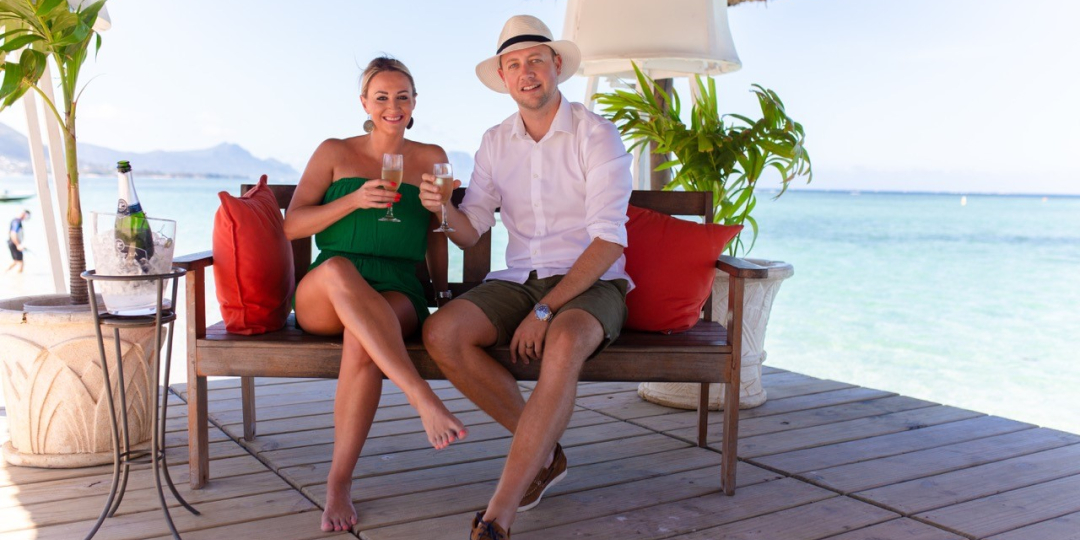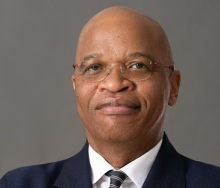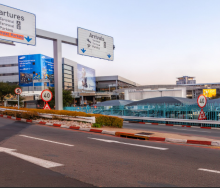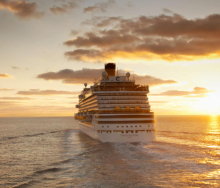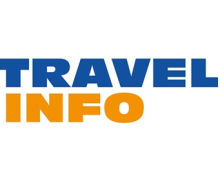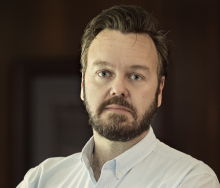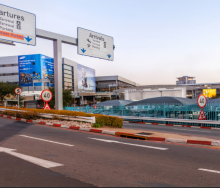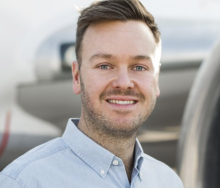Retail travel agencies acknowledge that educational travel is useful for up-skilling consultants and providing first-hand knowledge and a dose of enthusiasm, which the consultant can then pass on to the customer. But for these successful Indian Ocean Island destination experts, educationals were enough to turn them into full-time specialists.
Husband and wife duo, Carla and Lourens de Jongh,operate the packaged-holiday business, Vacation Centre, specialising in Indian Ocean Island travel – although they say they won’t turn down a client request for an itinerary to another part of the world.
Carla said multiple visits to various islands in the Indian Ocean region had afforded the couple valuable insight and personal experience. The majority of their business is leisure orientated, especially couples’ bookings and family holidays. “We almost see Mauritius as our second home, and that is by far our most popular destination. Further to this, the beautiful beaches, crystal-clear water, all-inclusive aspect, both for couples and families, offer our valuable clients an amazing overall experience and exceptional value. We also sell a lot of Zanzibar and Maldives, and Seychelles for our more affluent clients,” she said.
Vacation Centre also has a few corporate clients where the couple assist with incentive trips and team-building events in the Indian Ocean region.
“We became specialists after having had the privilege of visiting the islands many times. This enabled us to understand the unique points that each destination and property offer our clients. In turn, clients can be sure they are getting optimal value for money for their specific needs. We ongoingly travel to the destinations and properties to experience for ourselves the unique points that they all offer,” Carla said.
Fiona Watermeyer, an eTravel ITC and owner of Aeroplan Travel, decided to focus on destination weddings five years ago, having identified a gap in the market for an experienced, knowledgeable travel wedding expert.
To become a specialist, Watermeyer said you had to be passionate about the product and willing to constantly learn and evolve to suit your clients’ needs. “Create solid relationships with suppliers, and, if possible, with the hotels you support,” she advised agents wanting to specialise.
Watermeyer’s business was built purely on referrals, she told Travel News. “Since my first educational with Beachcomber to Mauritius many years ago, I knew that this magical island was perfect for all types of getaways. I just love helping the brides plan a wedding that, at first glance, seems impossible. It then leads to honeymoons and family holidays.”
Journey Corp Travel is another eTravel ITC. For Patricia Brons, Mauritius is her travel company’s top-selling destination. After many educationals over the years, she said she had seen all the major properties in Mauritius. She believes becoming a specialist takes experience and confidence in selling a product that you know really well. Her business deals with a mix of leisure and corporate bookings.
Brons described personalisation as central to her success and said constant communication was the key. “Communicate with clients. Send them personalised birthday messages, send them deals, take an interest in your clients. It doesn’t hurt to add some humour as well.
“Your niche has got to be something that you love,” Brons advised other agents who are considering a narrower product focus. “I love the beach and the sea! To me, it is the most relaxing type of holiday. Travelling to Mauritius so many times in the 20 years that I have been in this industry, I just know and have confidence in what I am selling.”
What motivates a specialist to sell one product over another? In most cases, the specialists agreed that it was relationships. “We are working as a partnership,” said Brons, adding that she was appreciative of every consultant she dealt with.
“Suppliers are our partners and without them we would not have an efficient business,” said Carla de Jongh. But it’s the clients’ needs that are the most important factor in selecting a property. “When looking at destinations, it is ultimately the clients’ requirements that determine the destination we offer and recommend. Of course, there is a lot that plays a role here – like the flight frequency, proximity to South Africa and ease of travel, and available facilities on the specific island.”
Watermeyer said it was important to stay up to date on product knowledge sessions with suppliers. “Try to familiarise yourself with the content of their marketing e-mailers. Try to visit your specialist destination at least once a year to view the properties. Share info with colleagues and subscribe to Facebook or Instagram pages. Communication with your suppliers is key, as is giving them both positive and negative feedback.”
Consistent personalised communication with the client was also important, said Watermeyer. “The personal touch is crucial. Provide additional information where possible, do your clients’ online check-ins and send them a follow-up message while they are away or on their return. If it’s a special occasion, deliver your documents with a small gift. If it’s a destination wedding, a welcome note at the hotel goes a long way.”
Retailers had flagged the added cost of PCR testing (on the return leg to South Africa) as a factor making educational travel more expensive. That expense was removed when testing was done away with for inbound travellers to South Africa last week. Many retailers and suppliers have said they are looking forward to reviving educationals in 2022. Read more in Travel News’s report, Educationals are back.
